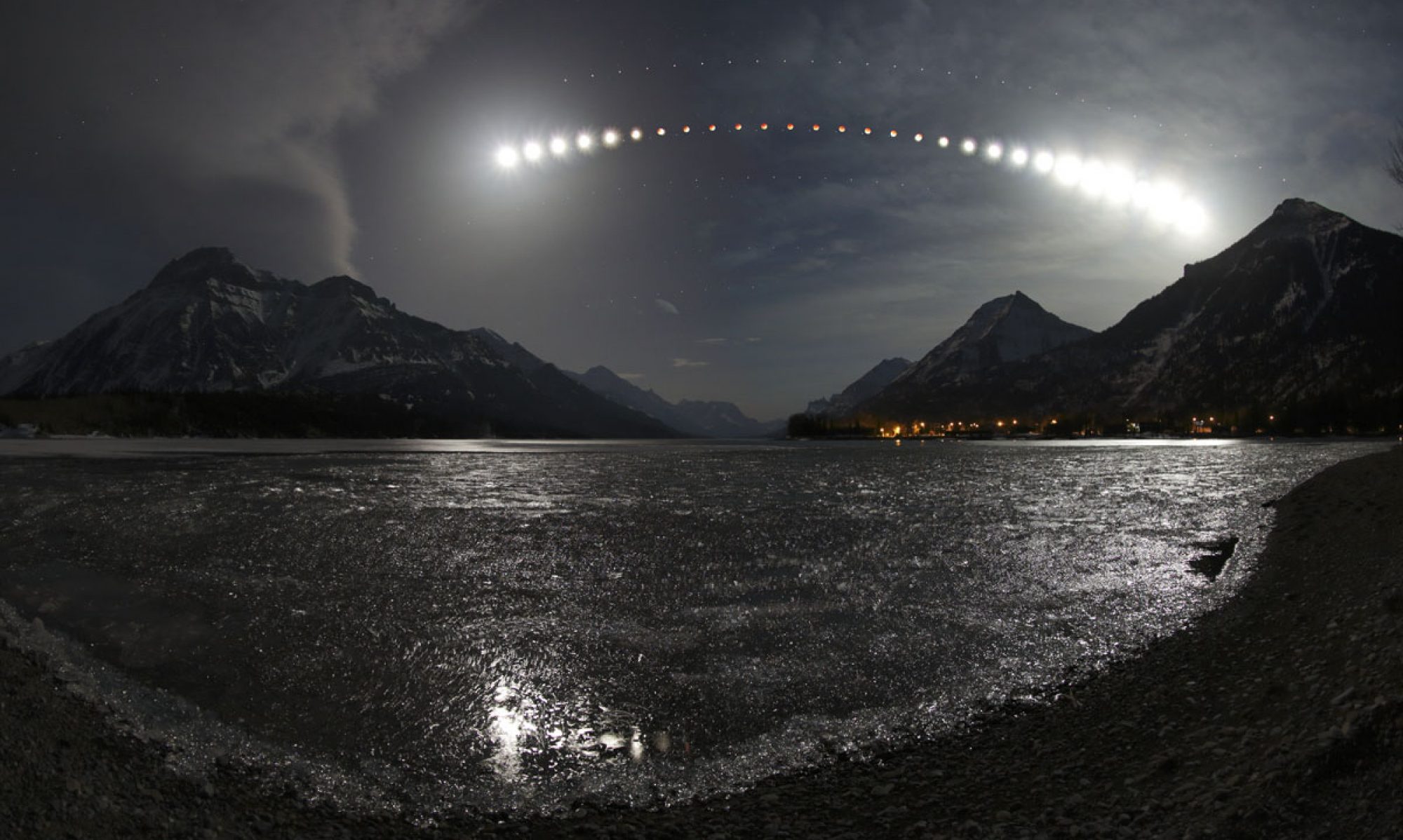It looks as if the United States has capitulated and Iran will have The Bomb within ten years. Or will they?
Israel cannot depend upon the United States for support in stopping Iran from obtaining a nuclear bomb. Israel’s very survival is at stake. Israel has a few basic options available to them at this point; 1) Send in a small commando force and set off a suitcase sized nuclear device within the Qom complex to seal it off forever, 2) form a coalition force with like minded Arab neighbors and strike Iran’s nuclear facilities, or 3) do nothing.
Iran has, for several years now, been positioning themselves to become a regional powerhouse. They’ve inserted themselves into several Mid East conflicts. Iran helped establish Hezbollah in Lebanon, supported the Shi’ite Iraqi government forces in Tikrit, funded the Shi’ite Houthi rebels in Yemen, is backing Bashar al-Assad in Syria, and funds Hamas in Gaza.
The Middle East is largely divided along two distinct lines… Sunnis/Shi’ites and Arab/Persian. While Shi’ites welcome political and military backing from fellow Shi’ites, historically the Arabs distrust Persia (Iran). This plays into what I see as an ‘unholy alliance’ that results in the formation of a coalition force of Arab states and Israel to combat the ambitions of Iran. Remember, ‘the enemy of my enemy is my friend.”
Israeli Prime Minister Benjamin Netanyahu said sanctions are not working, and Israeli Defense Minister Ehud Barak, recently visiting Washington, said, “All options must remain on the table” — alluding to a military attack — and “we expect all those who say it to mean it. We mean it.” Israel has, in the past, conducted military strikes against what it saw as external threats to its national security. In 1981, Israel targeted a French built nuclear plant in Iraq. More recently, Israel bombed a missile storage site in Syria in 2013. Those missiles were thought to be bound for Hezbollah.
What would it take for Israel to end Iran’s uranium enrichment program? This is where a coalition force becomes important. Should Israel decide to destroy Iran’s nuclear program, it would have to use weapons that can either contaminate the target with lethal radiation levels or seal it beneath millions of tons of rubble. One of Iran’s nuclear facilities is at Qom (central Iran) and is built into the side of a mountain. Most likely, this facility would require a small nuclear device to destroy/seal it. Israel, by the way, is an undeclared nuclear power.
So why, if Israel has the power to unilaterally attack Iran, does it need to do so within the framework of a coalition force? Simply put, the distance needed to traverse across multiple airspace during a strike, coupled with the political ramifications of ‘going it alone’, it is in the region’s best interest to present a unified front against Iran. Saudi Arabia would be best suited as the coalition base of operations, given its strategic location to Iran and its uneasiness of letting Iran become a Middle East super power.
It will be interesting to see what happens in the upcoming months…
